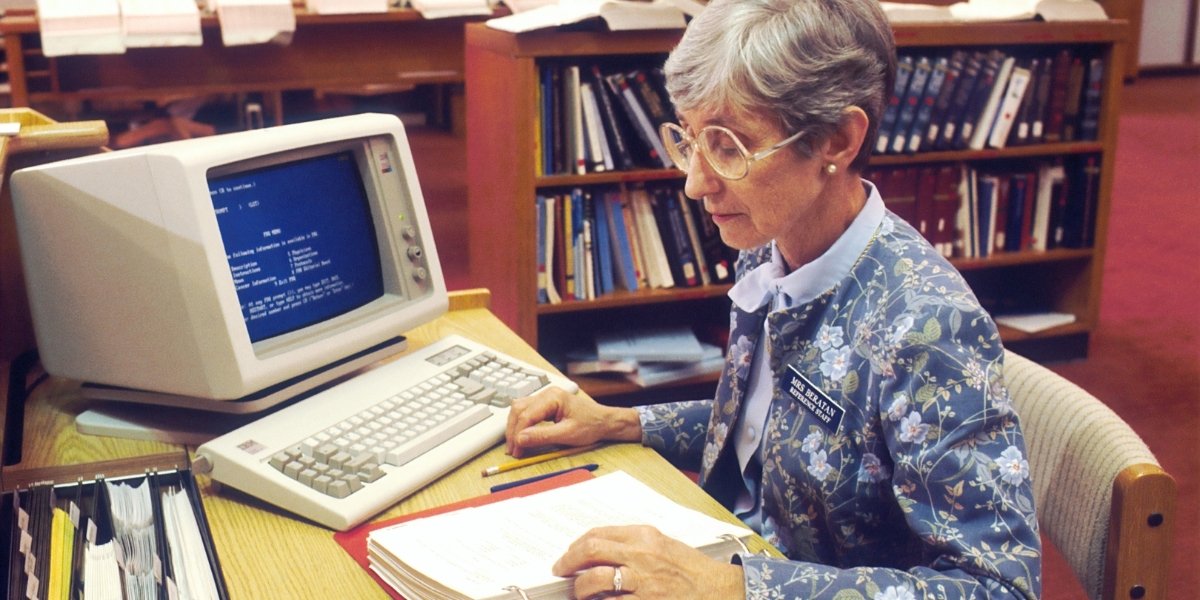How Can Mindful Breathing Help You Decompress?
One of the simplest and most effective ways to relax is by focusing on your breath. It sounds too easy to be true, right? But mindful breathing has been shown to reduce stress levels significantly, helping to calm your nervous system and improve mental clarity after a long, stressful day.
Mindful breathing is all about slowing down and paying attention to the present moment. It’s about giving yourself permission to pause and focus on something as basic yet essential as breathing. The beauty of this technique is that it can be done anywhere—whether you’re sitting in your car before heading home, lying in bed after a long day, or even taking a few minutes at your desk before you finish work.
Start by finding a quiet place where you won’t be disturbed. Sit comfortably, close your eyes, and take a deep breath in through your nose, filling your lungs completely. Hold it for a second, then slowly exhale through your mouth. As you breathe, notice the sensation of the air entering and leaving your body. Try to release any tension in your shoulders, neck, and jaw. Repeat this process for a few minutes, allowing your body and mind to relax.
What’s great about mindful breathing is that it gives you an immediate sense of calm. The physical act of breathing deeply sends signals to your brain that it’s okay to relax, helping to lower your heart rate and reduce anxiety. This simple technique can be a powerful way to transition from a hectic workday into a more peaceful evening.
Can Physical Activity Help You Unwind After a Stressful Day?
When you’ve spent the entire day juggling deadlines and managing stress, the last thing you might feel like doing is exercising. But physical activity can be a game-changer when it comes to decompressing after work. The benefits aren’t just physical—exercise releases endorphins, the body’s natural mood enhancers, which help alleviate stress and boost your energy levels.
The key is finding an activity that feels enjoyable and doesn’t add more stress to your day. It doesn’t have to be an intense workout. A simple walk in nature can do wonders for clearing your mind and helping you reconnect with yourself after a busy day. Spending time outside allows you to detach from work-related thoughts and enjoy the present moment. Even a short walk around the block or in a nearby park can provide mental clarity and relaxation.
For those who enjoy more structured activities, yoga is another excellent option. Yoga combines movement with mindful breathing, creating a full-body experience that promotes relaxation and stress relief. After sitting in meetings or at your desk all day, yoga stretches help release physical tension in areas like the back, shoulders, and neck, which tend to tighten up during periods of stress. There are plenty of online yoga classes available, making it easy to squeeze in a session after work.
For women who need to release pent-up energy after a long day, more active forms of exercise like running, dancing, or even a gym session can provide a great outlet. The important thing is to listen to your body and choose an activity that leaves you feeling energized and refreshed, rather than drained.
How Can Creating an Evening Ritual Help You Relax?
Establishing an evening ritual is another powerful way to decompress after a stressful day. Rituals help signal to your mind and body that it’s time to switch gears from work mode to relaxation mode. When you create a consistent routine at the end of each day, your body begins to recognize that it’s time to unwind, making it easier to relax.
An evening ritual doesn’t have to be complicated—it’s all about doing things that make you feel calm and grounded. It could be as simple as brewing a cup of tea and spending ten minutes reading a book or listening to music. For some women, taking a warm bath with essential oils like lavender or chamomile helps wash away the stresses of the day and prepare for a restful night’s sleep.
Another option is journaling. Writing down your thoughts at the end of the day allows you to process any lingering stress or concerns. It can be a helpful way to clear your mind before bed, so you don’t carry work-related worries into your sleep. Some women find it useful to jot down a list of things they are grateful for, shifting their focus from the day’s challenges to its positive moments.
For those who prefer a more creative approach, art or crafting can be an excellent way to unwind. Painting, knitting, or even baking can provide a form of active meditation, where you’re focused on the task at hand but also allowing your mind to relax. The key is to choose activities that feel soothing and help you disconnect from the pressures of work.
Ultimately, the goal of an evening ritual is to create space for yourself. It’s about finding small moments of peace that allow you to recharge before the next day begins. Over time, this practice can help build resilience to stress and improve your overall sense of well-being.
The Path to Balance and Peace
For women in high-stress jobs, learning how to decompress is essential for both mental and physical health. Whether through mindful breathing, physical activity, or creating an evening ritual, the key is finding what works best for you. These relaxation techniques don’t require a lot of time or effort, but they can have a profound impact on your ability to manage stress and find peace after a long day. By incorporating these practices into your routine, you can create a healthier balance between work and relaxation, allowing you to show up as your best self both at work and in life.







